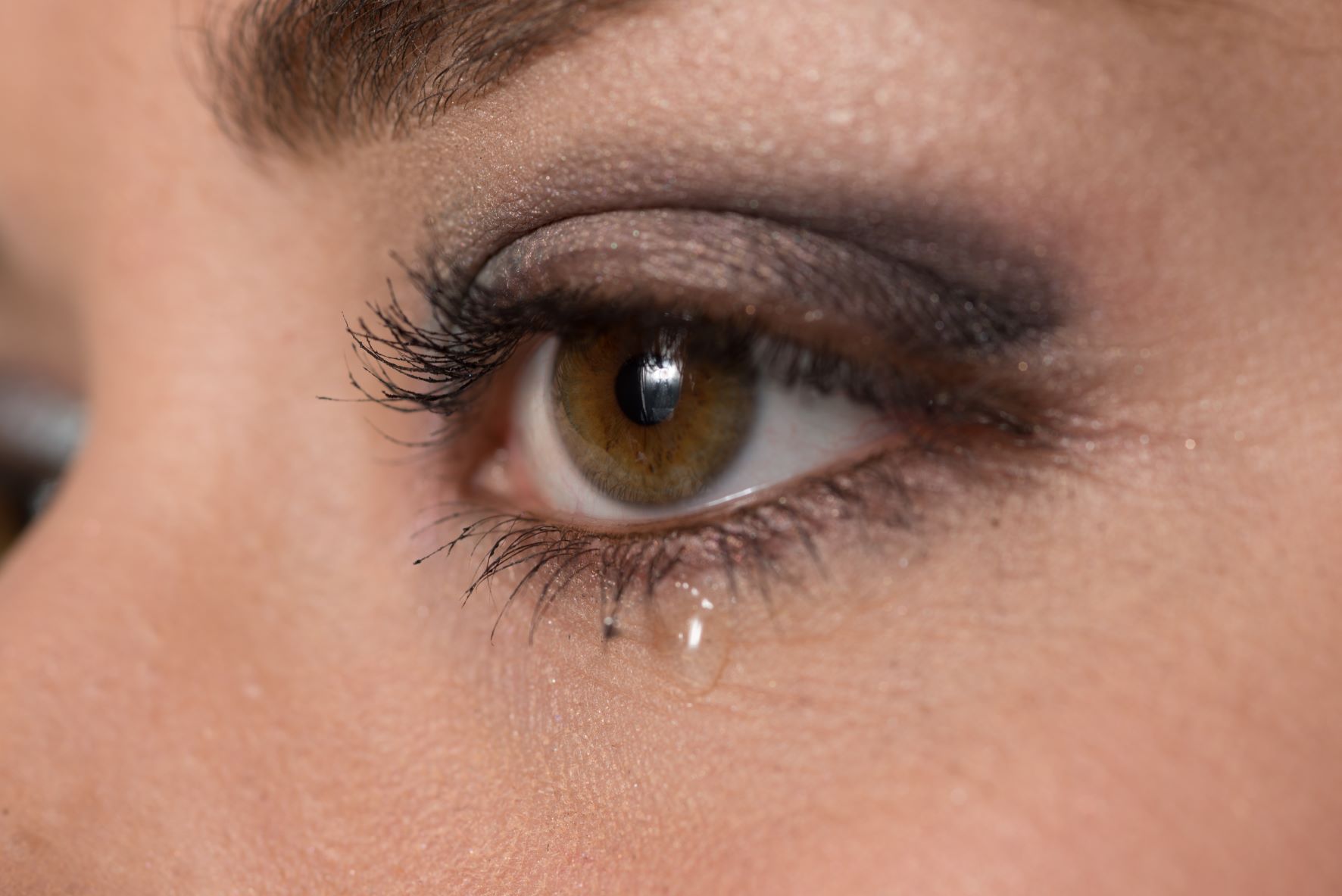
Britain’s top tearjerkers
Britain is a teary nation, with more than a quarter of Brits (27%) saying they’ve cried in the last week, and 45% having cried within the last month according to our new survey.
On the other end of the spectrum, more than one in 10 Brits (11%) say they haven’t cried at all in the last year, and one in six (15%) don’t remember the last time they cried, or say they never cry.
But crying can have benefits for both our physical and mental health – so a little cry every now and then ought to be embraced, not discouraged!
We surveyed 2,000 Brits to find out how often they cry, and what’s most likely to make them well up – with some classic, and some surprising, tear-jerking films coming out on top. So, next time you feel like you’re due a little ocular detox, maybe one of the films listed below might be a good port of call?
The health benefits of crying
Many might try to suppress tears when they’re upset or feel like they’re about to cry. This is particularly the case for men, with almost one in five (18%) saying they don’t cry or don’t remember the last time they cried – more than double the number of women that said the same (7%).

But we know that crying can be good for our health – tears do exist for a reason, after all – so there’s definitely no harm in tearing up once in a while.
According to our experts, tears and crying can provide several benefits for both our physical and mental health:
Studies have shown that crying has a soothing effect, helping people to self-regulate their emotions and calm themselves down. The act of crying also activates the parasympathetic nervous system, which helps us to relax.
On a physical level, crying functions as pain relief – which is why a particularly stinging injury might bring tears to your eyes. Crying tiggers the release of chemicals such as oxytocin and endorphins, which can relieve physical and emotional pain.
These are sometimes known as “feel good chemicals” as they have the effect of boosting your mood.
Tears help lubricate your eyes – which maintains your eyesight – but tears also help to kill bacteria and keep your eyes clean. Tears contain lysozyme, which studies have found to have antimicrobial properties. People with dry eyes may find their eyes more irritated and may find their vision blurred.
In this situation, there are a plethora of eye drops that can help provide the moisture and lubrication typically provided by tears.
And just from a biological or evolutionary perspective, crying is an attachment behaviour. Crying when we’re distressed rallies support from those around us to help, and this interpersonal benefit can bring you closer to friends and family.
Films are the go-to tearjerker for Brits
So, crying can be good for you. But if you’re one of the 15% who either don’t remember ever crying, or just flat out don’t cry at all, how can you safely make yourself well up?
Our survey asked Brits what media is most likely to make them cry – and films come out on top with almost two thirds of the nation (64%) having teared up watching a film.
TV shows and music are popular tearjerkers for Brits with 44% and 42% respectively reporting they’ve had a crying session triggered by a show or a song. Books are less common – just one in five Brits said a book had brought them to tears.
When it comes to the silver screen, though, which are the films most likely to make us shed a tear?
According to Brits, these are the ten films most likely to make us cry:
- Marley & Me (37%)
- Titanic (36%)
- PS. I Love You (26%)
- The Lion King (26%)
- The Notebook (23%)
- A Star is Born (21%)
- Forrest Grump (21%)
- UP (18%)
- Saving Private Ryan (17%)
- Me Before You (17%)
Films are a bigger tearjerker for women than men, with three in four women crying at films compared to 54% of men.
Almost half of women have teared up watching Marley & Me – and let’s face it, dogs just know how to tug on our heartstrings.
The most common film men reported crying to is Titanic, with over a fifth (21%) of men crying when they watched the romance classic.
And blockbuster movies are similarly able to make us cry – over one in 10 of Brits (12%) reported crying at Avengers: Endgame (RIP Tony Stark), while 9% cried watching Furious 7, the final entry in the Fast and Furious franchise to feature Paul Walker before his death.
Can you cry with contact lenses in?
If you wear contact lenses, you might be conscious of letting tears flow out of concern for how crying may affect your lenses.
But in reality, crying with contacts in won’t affect their use. You just need to be conscious of rubbing your eyes if you have contact lenses in as this could fold or dislodge the lens. So best to keep a box of tissues to hand if you’re watching any of the above films – dabbing tears away is a better course of action if you have contact lenses in.
Want to know more about keeping your eyes healthy? Head over to our Vision Hub, filled with expert tips and advice on anything from keeping contact lenses clean to foods that can help your eyesight.